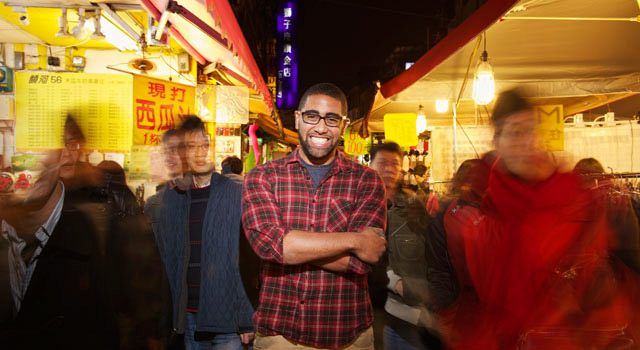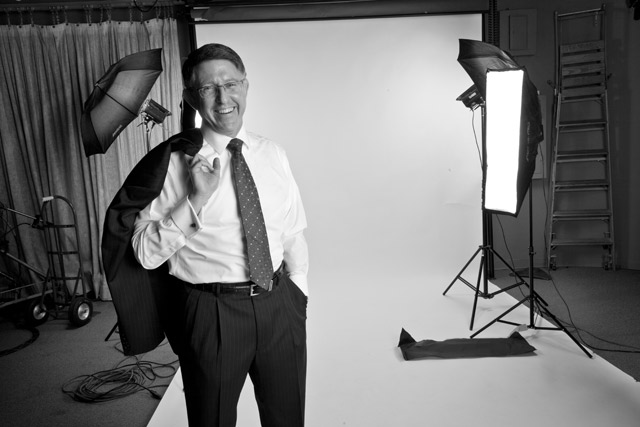Page 73 • (818 results in 0.042 seconds)
-
influenced the nature of "knowledge" about archaeological discoveries by looking at how they have been interpreted and understood in the sociopolitical contexts of the modern countries where they are located. Science makes lofty claims that it is an objective mode of inquiry. In other words, science claims that the analysis and interpretation of data (in this case, bones, stones, and pottery, etc.) is carried out free of bias. This course will take care to evaluate this proposition. This course may
-

travelled to Lhasa, Tibet, where he watched devout Buddhists make a pilgrimage to a city and prostrate themselves in a circuit around the temples with prayer wheels, especially at the Jokhang Temple, one of the holiest sites in Tibet to Buddhists. Prayer flags would snap against the wind, along with the Chinese national flag. Centuries old streets, would intersect with more modern boulevards. Smells of spices, dust and exhaust fumes would compete for dominance. “I was just transfixed by the place,” he
-

work of repertoire in North America. They get to work with one of the world’s best-known conductors and one of the best-known composers of modern repertoire. There is great value in learning to collaborate on such a large scale and in such a visible setting. And I believe ultimately all the performers will be moved by the music and its connection to the story. The SOAC focus this year is on storytelling. What do you think this concert has to say about the art of communicating? We’re telling the
-

says. Trepanning wasn’t designed to kill but to help those with headaches or head injuries by relieving pressure or pain. But the practice was also applied to “release evil spirits” or “a stone of madness” from those who were injured or mentally ill, which we would today understand perhaps more correctly as neurodivergent or intellectually disabled. The modern revival version arrived in the form of lobotomy, a surgery that continued into the 1970s as a method of attempting to “fix” individuals
-
with her extraordinary ordination in Chicago at the age of 27. That meant Rude was ordained outside the requirements of the ELCA and thus recognized by her congregation as a pastor, but not by the ELCA. In 2011, her ordination was recognized by the ELCA and she became an official member of the church’s clergy. “In our modern political climate, as well as the Lutheran church, there is often a sense of ‘let’s just all more or less be the same and get along,’” Rude said. “I’m more passionate about how
-
celebration of the secular was every bit as important as the sacred. The two came into dialog, one whose fiery confrontation has not yet gone cold. Certainly, the roots of the modern Western university are buried deep in this tradition, and out of those roots stem such intellectual achievements as Kant’s magnificent critiques and the poetry of Goethe.Ours, however, is a time when word usage supplants etymology and neologisms abound in word-play—for good and for ill. May they be for the Good! So, the
-
traditional paradigms — as she did with her extraordinary ordination in Chicago at the age of 27. That meant Rude was ordained outside the requirements of the ELCA and thus recognized by her congregation as a pastor, but not by the ELCA. In 2011, her ordination was recognized by the ELCA and she became an official member of the church’s clergy. “In our modern political climate, as well as the Lutheran church, there is often a sense of ‘let’s just all more or less be the same and get along,’” Rude said
-
, thermochemistry, solution properties, phase equilibria, and chemical kinetics. Prerequisites: CHEM 116, MATH 152, PHYS 154. (4) CHEM 342 : Physical Chemistry A study of the physical properties of atoms, molecules and ions, and their correlation with structure. Classical and modern quantum mechanics, bonding theory, atomic and molecular structure, spectroscopy. Prerequisites: CHEM 116, MATH 152, PHYS 154. (4) CHEM 343 : Physical Chemistry Laboratory Experiments in kinetics and thermodynamics. Attention given
-

roasts them with his own roaster at home. Krise’s connection to the Caribbean began early. Born Thomas Warren Krise in San Antonio, Texas, the son and grandson of U.S. Army medical service officers, Krise spent his childhood on bases across the United States and in Germany. When his father, Edward Krise, retired from the army and academia, the family began sailing, racing and running a charter service based in the U.S. Virgin Islands. His mother, Elizabeth Bradt Krise, is an expert navigator and
-
United Kingdom, Germany, Denmark, Finland, Norway, and Sweden. The focus of this paper is cross examining each state’s involvement in the EU with its perception of Europe and its own developed national identity. The current political issues of Brexit bring attention to the fact that public opinion plays a big whole in international politics. It is my hope to bring some level of understanding of how exactly these relationships can be measured and predicted. Sydney CaplingerI would like to extend my
Do you have any feedback for us? If so, feel free to use our Feedback Form.


